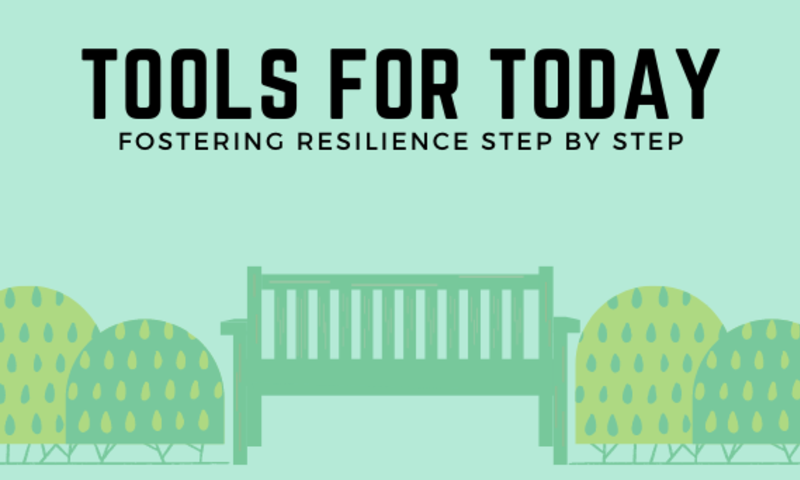A survey conducted by Active Minds found that 91% of college students surveyed had an increase in stress and anxiety as of April of this year. To help students build resilience and coping skills, Biola University hosted a Mental Health Awareness Week from Sep. 28 to Oct. 2. Throughout the week, students were encouraged to utilize new tools each day of the week related to various themes supporting positive mental health functioning including gratitude, release, connect, rest, and play.
“Our prayer has been that each of us would be able to practice even just one of the tools as a way of stepping into the resiliency that God has already given us, even in the midst of struggle and hardship,” said Biola’s Dean of Student Wellness, Lisa Igram.
The COVID-19 virus began spreading globally in early March of this year. Shortly thereafter, students were required to move off campus and return home for the remainder of the semester. With the unknown nature of the pandemic, the uncertainty and extenuating circumstances increased anxiety, depression, and worry in many students. Biola students were able to participate in chapels, an online mental health course, online small groups called Huddles and counseling center resources.
Biola provided students with necessary tools while also reminding students of resources available for free throughout the semester like the Biola Counseling Center’s “Therapy Essentials” Workshops and Virtual Drop-In Consultations — brief, problem-solving conversations with therapists. Resources such as books, blogs, and podcasts were also recommended and made available for students to engage with throughout the week.
“I think we’re all struggling to one degree or another during this season ... and at the same time we’re all in this together! I’m hoping that the universality of this season will prompt openness and sharing in the variety of spaces we’re in about how we’re actually doing,” said Igram.
Biola launched two initiatives this year to further support student mental health: Peer Wellness Ambassadors and a #BiolaWellBeing content series on Biola’s Instagram. The Peer Wellness Ambassadors work to provide tangible resources to their peers through digital content (like this Well-being Screen Breaks guide) and well-being workshops. PWA’s also act as advocates to faculty and staff about the well-being needs of students. The #BiolaWellBeing series serves to provide students with resources and tips for how to care for their well-being and is driven by the ambassadors.
Each day of the awareness week provided tools to foster students’ ability to focus on their mental health and develop healthy habits through the lens of one of the five themes such as writing letters to loved ones, getting some fresh air, and playing worship music. The awareness week sought to increase students’ overall mental health and encourage students to reach out to friends who may benefit from the resources shared or for mutual support.
“I also believe that our collective experiences of anxiousness, uncertainty, worry, or depressive feelings can prompt empathy and understanding for those among us who live with mental health diagnoses,” said Igram.
Student Wellness at Biola seeks to foster a cohesive, collaborative, cross-campus approach to student wellness, focusing on proactive, preventative strategies to promote student well-being.
Learn more about Student Wellness. Learn more about the Biola Counseling Center.
Written by Vanessa Morales, Biola Reporter Intern. For more information, contact Jenna Loumagne, assistant director of media relations and strategic communications, at jenna.loumagne@biola.edu.
 Biola University
Biola University
.jpg)
.jpg)